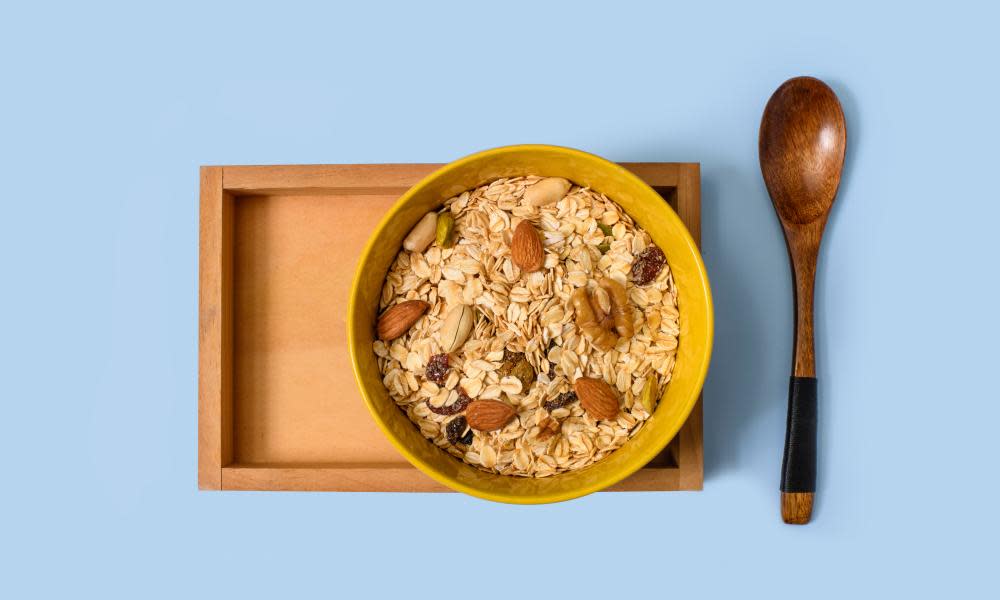Some ultra-processed foods are good for your health, WHO-backed study finds

Some ultra-processed foods increase the risk of developing cancer, heart disease and diabetes – but others are good for you, new research into the demonised foodstuffs suggests.
A major new international study has found that regular consumption of meat products – such as sausages – and sugary drinks make it more likely that someone will get those diseases.
But bread and cereals actually reduce someone’s risk of them – because they contain fibre – despite also being ultra-processed foods (UPF), the same researchers also concluded, in findings published in The Lancet.
Similarly, sauces, spreads and condiments are also bad for human health, but not as much as animal products and soft drinks.
However, several other major types of UPF previously seen as harmful: sweets and desserts, ready meals, savoury snacks and plant-based alternatives to meat products also got the all-clear. They are “not associated with risk of multimorbidity”, said the authors.
Experts said the findings showed that regarding all UPF products as bad for health is unwise and unwarranted.
Like several other recent research projects, the new study did conclude that UPF harms human health and makes it more likely that someone who consumes a lot of it would suffer a potentially fatal event, such as a heart attack or stroke. However, it also gives a more detailed picture of exactly which UPF products do and do not heighten that risk.
Related: Ultra-processed foods: the 19 things everyone needs to know
The latest study is based on an analysis of the dietary history of, and illnesses experienced by, 266,666 people in seven European countries, including the UK.
The authors said: “In this multinational European prospective cohort study, we found that higher consumption of UPF was associated with a higher risk of multimorbidity of cancer and cardiometabolic diseases.”
People keen to lower their risk should replace some but not all UPF in their diet with “similar but less processed foods … for the prevention of cancer and cardiometabolic multimorbidity” or follow the Mediterranean diet, they said.
Multimorbidity is when someone has at least two life-shortening diseases at the same time, such as cancer and heart disease.
The acute concern that has built up around UPF in recent months has been exacerbated by the fact that 50%-60% of total energy intake in some high-income countries comes from UPF, rather than freshly prepared dishes.
Heinz Freisling, a co-author of the paper and expert at the World Health Organization’s cancer research agency IARC, which also collaborated on the study, said: “Our study emphasises that it is not necessary to completely avoid ultra-processed foods; rather, their consumption should be limited, and preference be given to fresh or minimally processed foods.”
Reynalda Cordova, who led the study and works at both IARC and the University of Vienna, said the study had shown that consumers need to have easy access to fresh and less-processed foods.
Dr Ian Johnson, a nutrition researcher and emeritus fellow at the Quadram Institute, said the study had shed useful light on what types of UPF were and were not harmful.
“These observations do suggest a role for some UPF in the onset of multiple chronic disease. But they also show that the common assumption that all UPF foods are linked to adverse health events is probably wrong.”
Dr Duane Mellor, a senior lecturer at Aston University’s medical school, concurred. “The concept of ultra-processed foods is too broad,” he said.

 Yahoo News
Yahoo News 
